According to a wide variety of analysts following Apple, the Trump Administration's trade war with China and its Entity Listing of Huawei is maybe somewhat bad for the largest Android producer in China— and perhaps even for Android, given that it has now lost its second largest licensee globally— but it's mostly just bad news for Apple, because both the state and people of China are going to respond by shunning Apple's products. That's wrong, here's why.
There's something about Huawei
As soon as the U.S. began taunting the prospect of new tariffs on Chinese goods— rather than the resumption of market-calming negotiations— concerns were immediately directed at Apple. What if China responds with its own Mutually Assured Destruction of global markets?
Certainly, new barriers to free trade are not good for Apple, or any other global enterprise. They're especially bad for Huawei, which is already under scrutiny for its years of solid history in intellectual property theft, violation of sanctions, and the inherent threat of having a company known for lax security building out key networking infrastructure for Europe and rural America with the capacity to turn all of it into a huge remote microphone at any time, simply by pushing out a software update.
Facile Android Enthusiast bloggers keep reminding us that there's no proof that this has already happened, which is flatly stupid. The reality is that Huawei was founded as a business stealing Cisco routing software, and has a clearly evident history of being charged with espionage. Huawei makes Samsung look like it has original ideas. That's not such a big deal for Apple, because it has been competing against companies that flagrantly stole its ideas and concepts since the 1970s, from Franklin to Microsoft to Intel to Google to Samsung.
Huawei isn't the same kind of threat, because it is harder for Apple to sue over infringement. But so is Xiaomi and every other company in China. Apple wasn't even able to protect its patents in the U.S. from clear and obvious infringement by Samsung, or Google, or Microsoft, so China's lawless world of IP is not exactly wildly different. Huawei's coping of Apple is flattery and endorsement of its ideas. If Huawei did something uniquely successful, it would actually be harder for Apple to compete against.
When the U.S. took actions against ZTE in 2017 for violating sanctions on Iran, it noted that ZTE's actions were copied from another company that was quite clearly Huawei. This issue has been festering for a long time. It initially resulted in U.S. bans on buying Huawei equipment by government agencies, but when Huawei was added to the Entity List this year, it also meant that American companies supplying the company were prohibited from continuing to channel U.S. technology to China's rapidly growing networking giant.
We don't know how many iPhone sales Apple has lost to Huawei executives, who love its products. However, the loss of Google's commercial Android license, as well as the termination of coordination with key suppliers including ARM, Intel, and Microsoft, were initially portrayed as shocking turns of events for Huawei, before journalists began making up ideas about how things would work out. Huawei claimed to have months or even a year's worth of supplies hoarded, ostensibly allowing it to live through a temporary blockade virtually unscathed. The idea that the company could simply keep going with its own work-alike clone of Android and a fresh new take on processor architectures was laid out as if they were reasonable possibilities.
But that's simply not true. Samsung, which is both much larger and more established globally than Huawei, has been working on its own independent OS nearly as long as it's been using Android. It unveiled Bada in 2009, then in 2014 it folded its own work into the ashes of similar projects at Intel and Nokia, resulting in Tizen.
That means three of the biggest companies in tech have plowed tons of money and effort into making Linux work on mobile devices, but none of them were able to launch any commercially significant phones using it. Samsung currently uses Tizen in its smart TVs and Gear watches, but most consumers don't even know its there. If Samsung couldn't make Baden or Tizen fly on phones across the last decade of trying, how is Huawei going to float out a previously unseen OS and turn it into a functioning platform in real time, this summer, for Western audiences who ignored Tizen and webOS and even Windows Phone?
Consider Google. It's also been trying to move its Android users to Chrome OS for years. Android was an outside idea it acquired, based on Sun's VM approach with Java. Chrome OS is far more Google-y: it's web-based, its native code, it's not rooted in some NIH. And yet despite all of Google's resources and control over the world outside of iOS, Chrome OS has been a huge flop. Nobody wanted a Chrome OS netbook, and nobody's trying to buy anything else with Chrome OS, even hosting Android apps. Google keeps trying, but even it is stuck with the Android legacy it shoveled out over the past decade.
If Google can't sell its own "better-than Android" that's now Android compatible after years of trying, how is Huawei going to waltz in with an Android clone that somehow lets its phones run their apps and Google's essential services— all without an Android license? It's all a screwball comedy with huge plot holes that make no sense, but Android audiences are applauding because it has a happy ending.
Yet on the other hand, while journalists are universally writing up their ideas about how Huawei will certainly survive, probably unscathed, and how this could all actually end up better for China, the real onus has been placed on Apple. How will it survive if China and its citizens decide to punish Apple as being part of Team America, the sworn enemy of Team China Huawei?
The perpetual Apple boycott in China
The initial problem for Apple is supposedly that patriotic P.R.C. citizens will revolt and hate on Apple. Between the carefully censored Weibo social media and reports from state newspapers, it appears that the people of China are all ready to pile up their iPhones and burn them. But there's nothing new about reports of a Chinese boycott of Apple. Back in 2016, there was a supposed boycott of Apple related to a UN decision that year, the same year that Apple sold the most new iPhones ever.
There were supposedly new boycotts in 2017 even as Apple's iPhone "accounted for the largest installed base of smartphones in China," and attracted twice the loyalty of domestic brands among Chinese buyers. That's a weird kind of boycott.
There were even more in 2018, with the Nikkei Asian Review outlining supposed plans of "20 companies" to buy from Huawei rather than Apple. That was reported just days before Huawei tweeted out its holiday greetings from an iPhone and its CFO was arrested in an airport with more Apple products that the typical American owns.
It's not just the Chinese media creating a myth of phony Apple boycotts. Before being elected, Donald Trump called for a boycott of Apple over the company's refusal to open up encryption backdoors for the FBI. He then continued to tweet from his iPhone. And he also later revealed that he personally had investments of more than $1 million in Apple.
The duplicity of phony boycotts was also on display this year when Chinese diplomat Zhao Lijian similarly mocked Apple on social media with a populist jab on behalf of Huawei, but did so from his iPhone. The idea that companies in China are punishing workers for using iPhones or offering discounts to incentivize domestic devices is also nothing new. That occurs in Silicon Valley. Even Facebook, Google, and Microsoft have taken turns trying to stop their employees from using Apple products at various times. Apple hasn't been going out of business over it.
While iPhone upgrades have dropped significantly over the last two quarters in China, sales of other Apple products have remained strong. That indicates that customers may be delaying upgrades of their phones as the economy slides sideways, but continue to invest in Apple's premium brand when they buy new iPads or MacBooks, or make purchases from the App Store. If there were a real boycott of Apple, it wouldn't just be having an effect on phones.
Who profited from the 6-10 million iPhone upgrades Apple failed to sell as expected in China in the December quarter? It sure wasn't Huawei, which reported a ten percent operating margin, a severe retraction in cash flow, and profit growth that lagged behind its revenue growth in its annual report. There was no windfall of billions from disgruntled Chinese consumers flocking to Android.
Will China spite its face?
The people of China— certainly the urban affluent who can afford iPhones— love Apple. They've made iPhones equally popular in the installed base to Huawei phones that cost a fraction as much. Apple's iPhone is more significantly more popular among China's installed base of users than any other domestic brand. You wouldn't get that from reading the free PR about shipments market share that research companies generate every quarter, but those are not designed to inform the public. They're quite clearly coached to deceive on a variety of levels. They've been portraying iPads as the loser in tablets for years, and framed Apple Watch as a flop until they simply couldn't keep up the phony charades any more.
But what about the political state of China: will it seek to destroy Apple in retaliation for the U.S.'s kneecapping of Huawei globally? If anyone is going to raise tariffs on Apple goods, it's the U.S. That's because Apple isn't importing its goods into China. They're mostly being produced in China, by Taiwanese companies operating inside the P.R.C. The state of China knows how important Apple is to sustaining its Special Economic Zones and to the country overall. Apple's supply chain and assemblers employ incredible numbers of Chinese workers and pay them far more than they could be paid doing other work, including building cheaper Androids for domestic or foreign companies.
China meticulously works to control the sales of imports, including iPhones smuggled in from Hong Kong. Because China charges a significant Value Added Tax on sales of new iPhones, Apple's success in selling iPhones is shared with China. Conversely, if China were to raise its taxes punitively on Apple's goods, it would depress demand and throttle its own tax income. It would induce the old smuggling paths of iPhones from Hong Kong, tax-free, which were flagrant before China officially opened up to Apple.
It would also negatively impact other economic activity. That's why China recently lowered its VAT that's applied to iPhones, even while the U.S. was saber rattling about Chinese tariffs and threatening action against Huawei.
The case of Huawei and Apple is not simply a matter of two teams jockeying for the same sales. Despite all the dramatic storytelling of the supposed us-vs-them battle, Huawei doesn't sell enough high-end phones to matter, and Apple doesn't sell anything in the low priced tiers where Huawei makes most of its sales. Huawei's founder keeps saying he's not opposed to Apple because his company is another copycat building its strategy on Apple's coattails, just like Xiaomi. That's also, crazily enough, why Huawei's phones look just like iPhones, from their apps to their notch to every other feature.
Apple is also not a Google or Facebook seeking to enter China and prevent local services from flourishing. Apple is creating a unique product, building it in China, and materially contributing to the Chinese economy in a way that enhances employment and contributes to the country's tax base. The estimated 34 million iPhones Apple sold in China in 2018 generated something close to $23.8 billion in revenue, meaning that when China collected 16% VAT it netted the country around $3.8 billion in tax revenues. China isn't about to destroy Apple as analysts are posing, because then China would be losing billions of dollars just in VAT. If Huawei phones were as functionally equivalent as the Android Enthusiast media suggests, Apple wouldn't be selling iPhones in China at all.
China hasn't democratically elected a populist wild cannon promising to build walls to stop immigration and end trade deficits by imposing import taxes on the middle class. China is strictly run by an intellectual party of communists with a long term plan. China's plans might not align with American interests, but they are not wholly irrational improvisations that reject all modern understandings of how economies work. That's not to say it doesn't make mistakes. But it doesn't appear poised to shoot itself in the face to "win" a skirmish in tech.
 Daniel Eran Dilger
Daniel Eran Dilger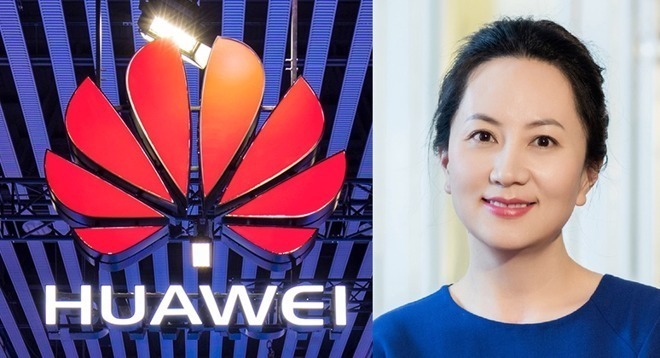
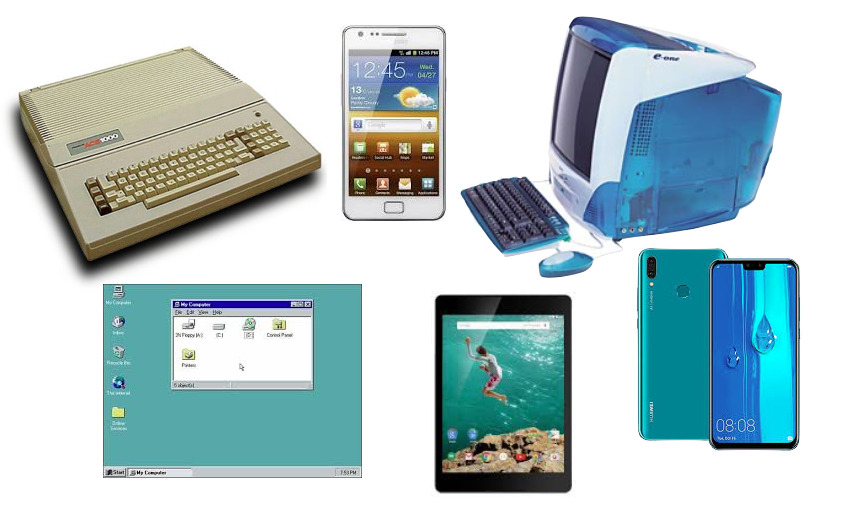
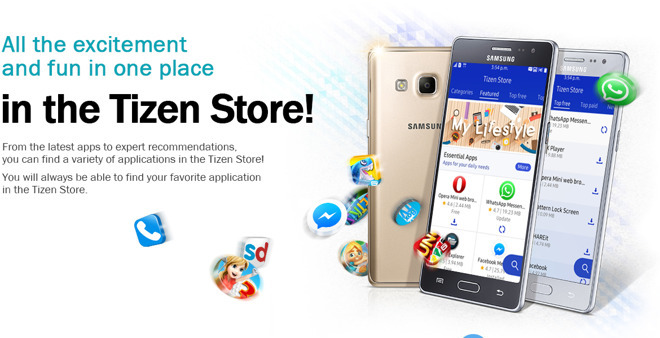
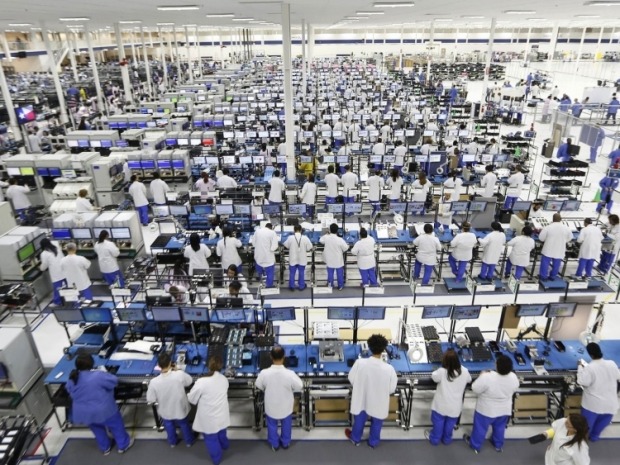

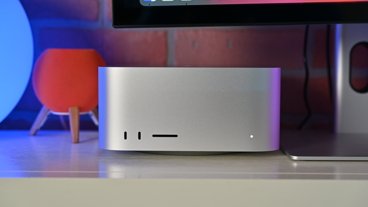





-m.jpg)





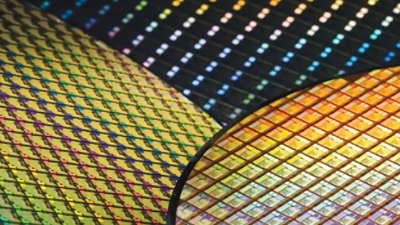
 Malcolm Owen
Malcolm Owen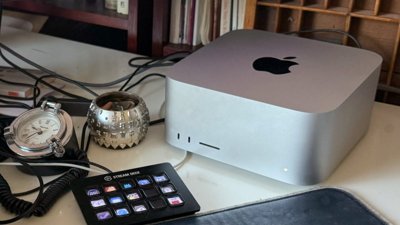
 William Gallagher
William Gallagher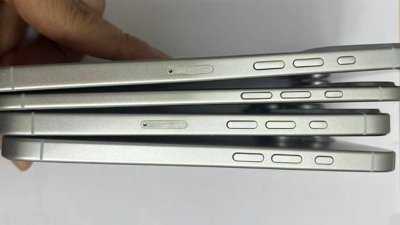
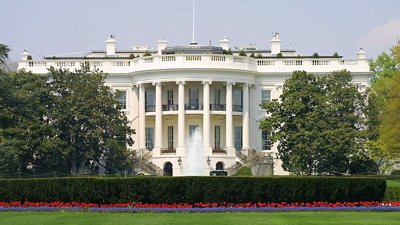


 Wesley Hilliard
Wesley Hilliard

 Christine McKee
Christine McKee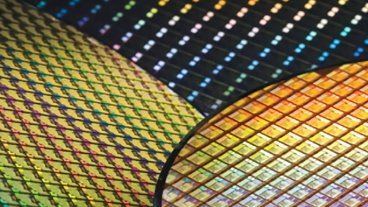
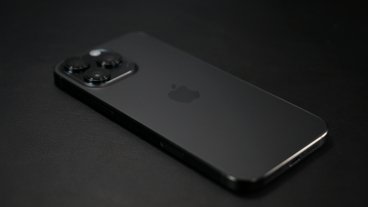


-m.jpg)




59 Comments
China will be shooting itself in both feet if it -- or its citizenry -- puts the screws on Apple. It's not just the hardware assembly jobs or in Apple offices and retail stores there, but the many multiples of that number working for makers of cases, accessories, apps, and media content, for starters.
I dare them to try throttling Apple in China.
China is smart and they’ll Play it smart. They know they’re dealing with a madman playing to his base.
But, they are taking this attack on their country and the private industry seriously and they are not going to back down. As they said today: “Don’t say we didn’t warn you”.
Hopefully Trump realizes he has already taken this game too far.